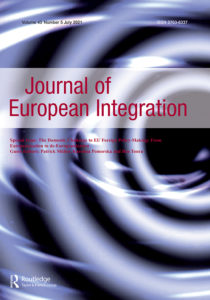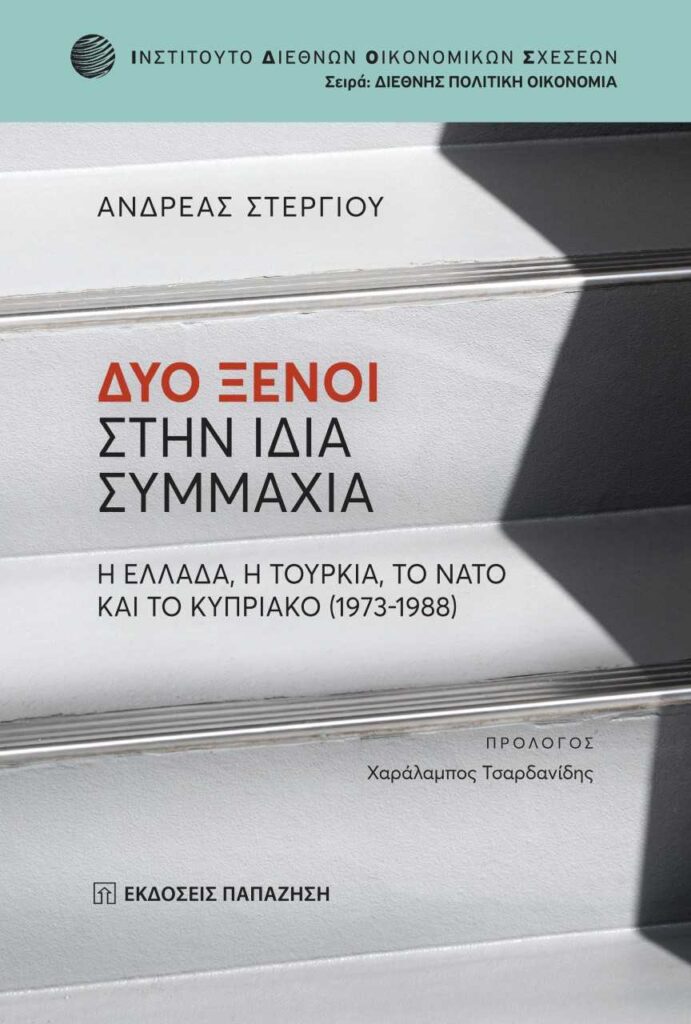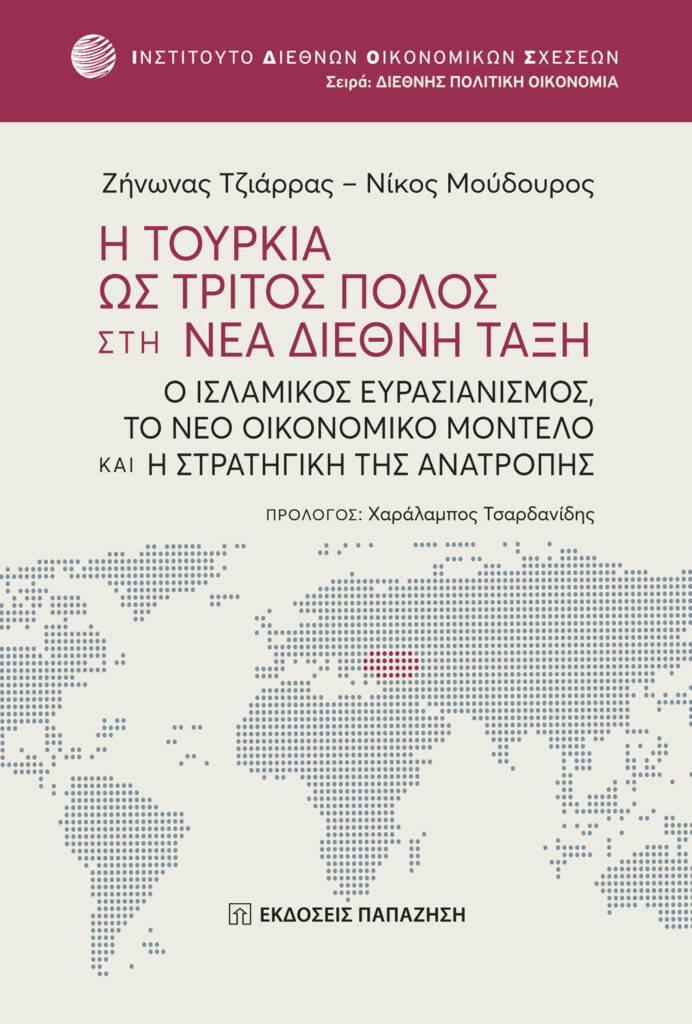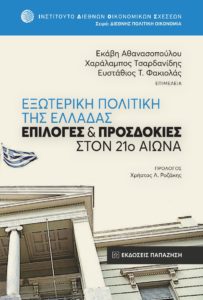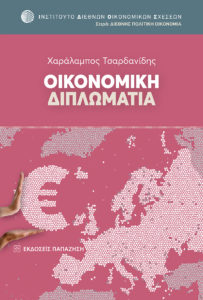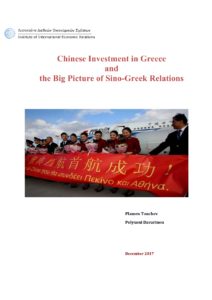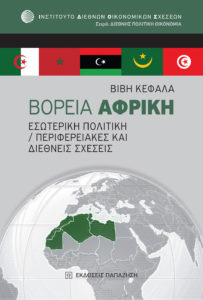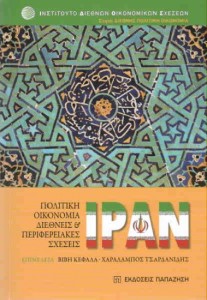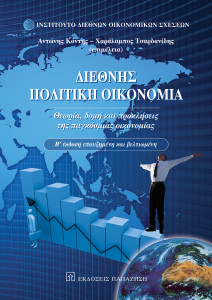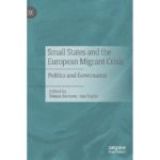The new article of the Director of the Institute of International Economic Relations (IIER) co-authored with António Raimundo and Stelios Stavridis entitled “The Eurozone crisis’ impact: a de- Europeanization of Greek and Portuguese foreign policies?” appears in the special issue on The Domestic Challenge to EU Foreign Policy-Making: From Europeanization to de-Europeanization?, Journal of European Integration , Vol. 43, No.5, 2021,Pages 637-649 | Published online: 02 Jul
Link: https://www.tandfonline.com/doi/full/10.1080/07036337.2021.1927014
ABSTRACT: The article compares the impact of the Eurozone crisis on the foreign policies of Greece and Portugal from a de-Europeanization perspective. These two Southern European countries were significantly Europeanized in the past and both suffered greatly from the Euro crisis. Focusing on the Troika period and on relations with China, the article shows that both Greece and Portugal’s foreign policies towards Beijing went through an important degree of de-Europeanization during the Eurozone crisis. Such effect was, however, more intense and durable in the case of Greece, much driven by domestic politics. These national factors were intimately connected with exogenous drivers, such as EU-level developments and Beijing’s agency, both more relevant for illuminating the case of Portugal. Ultimately, the Eurozone crisis strengthened the influence of external actors like China over EU foreign policy-making, working as a complementary driver of de-Europeanization.
